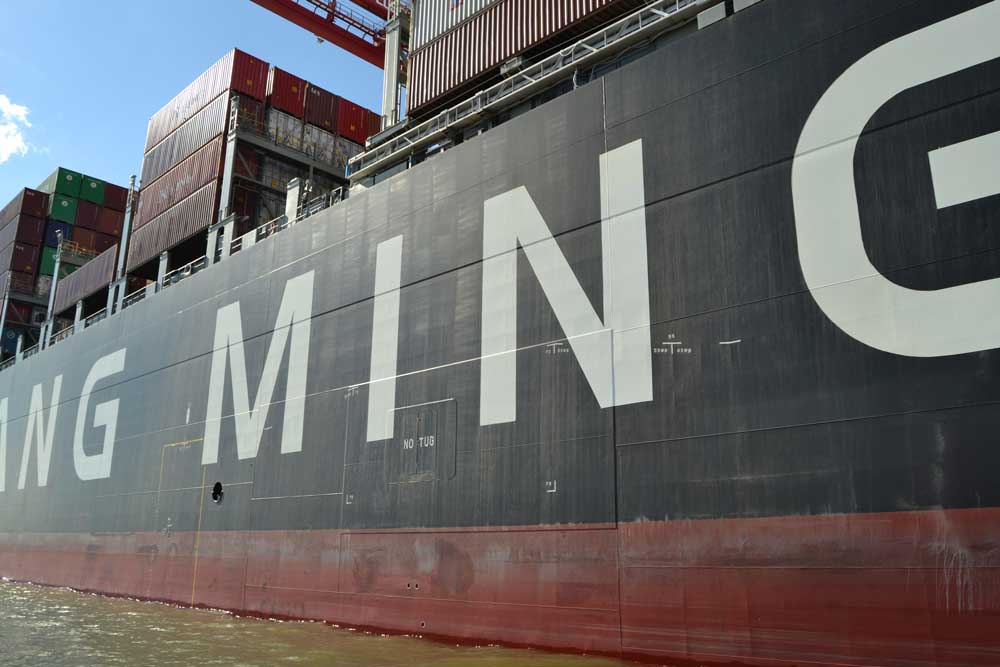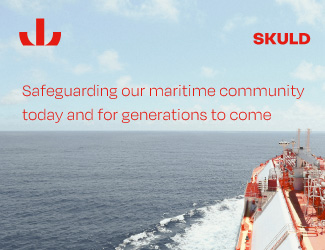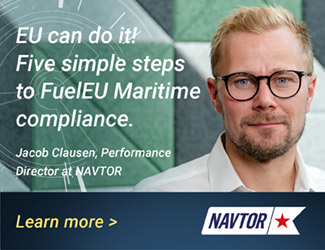Global ship management group Thome is celebrating 55 years in service. For HANSA,
Chairman takes an exclusive look back and forward
Strategy for the next 55 years«
Thome has a philosophy of »continual improvement«. This means harnessing the benefits[ds_preview] of new technology to make operational procedures more efficient which saves time and money. An example of this is the investment in an operations hub at Singapore which has enhanced the quality of our ship management services and reaction times to emergency responses. Training is key at Thome to ensure seafarers are aware of what is expected of them and the importance of planning and assessing potential risks before carrying out any tasks onboard. Our training academies use the latest training techniques to encourage engagement and seafarers get to practise using the same equipment that they will find when assigned to a vessel. Keeping Thome focused as a family business offering hands-on ship management services has been its strength and we will continue with this strategy moving forward.
Looking back
The Thome of 1976, when I joined, was a very different company to one it is now. The company’s main focus back then was providing port agency plus brokering and chartering services. At that time, most third party ship consultancy companies offered technical services only with owners undertaking the crewing and back office operations themselves. However, Thome, along with others, realised that we could provide more efficient ship management services and so began its growth in this sector. As the company grew so did the demand for more specialist services and we have branched out into Offshore, Oil & Gas, marine consultancy and expansion in other auxiliary services. We also provide manning services for about 200 vessels and have a pool of seafarers numbering around 12,000.
Looking forward at the market
The regulatory requirements relating to ship operation have increased over the years, meaning that the ship managers’ role is changing, becoming more of an integrated maritime service provider with the ability to be able to offer a full suite of services. I think that the Sulphur cap requirement, which comes into force from January 2020, will be one of the biggest tests for the shipping industry, both from a commercial/operational and technical point of view. Its introduction will most likely have a significant impact on the older tonnage, making it more difficult to trade. The result will impact the life of these vessels with a lot being scrapped before they reach 20 years of age. There is also a big question mark over whether there will be enough low-sulphur fuels available at minor ports. For those that choose the scrubber route, there are many considerations to be taken into account, yet time is rapidly running out as the 2020 deadline looms. There is also the Ballast Water Management Convention which came into force in 2017, meaning decisions on system selection should have already been made due to the long installation lead times, yet questions still remain about type approvals and which systems will be recognized by the different PSC authorities.
Game changer and chances
I also think that, within the next 10 years, big changes will be seen in the structure of ship owning and I expect to see an increase in ships managed by 3rd party ship managers. Due to the lack of finance available from the more traditional institutions that used to provide loan to traditional owners, more vessels will be owned by asset management companies and they will require professional ship managers to run their fleets. This bodes well for ship management especially if ship managers are viewed by these asset owners as more of a partner rather than simply a service provider.
















